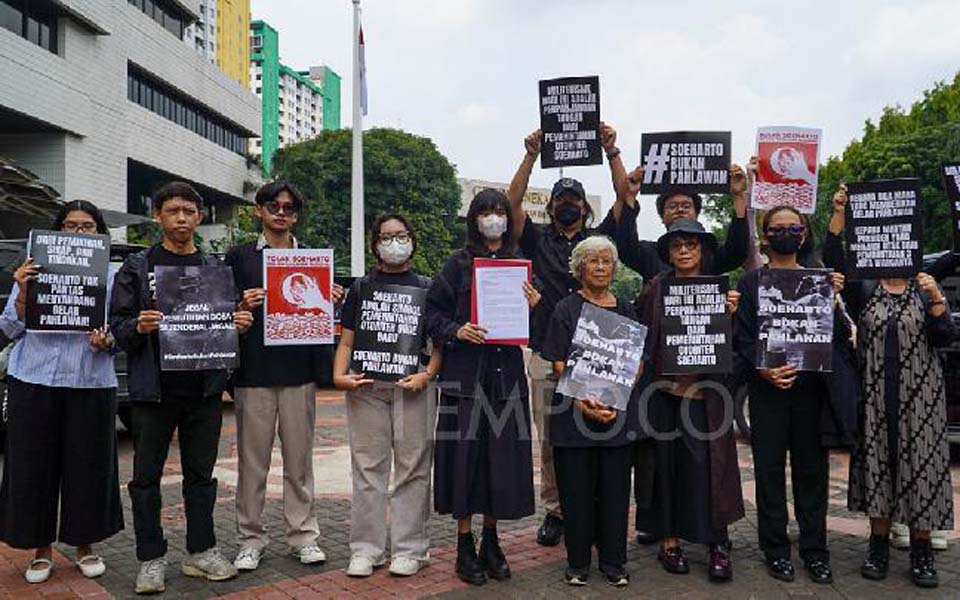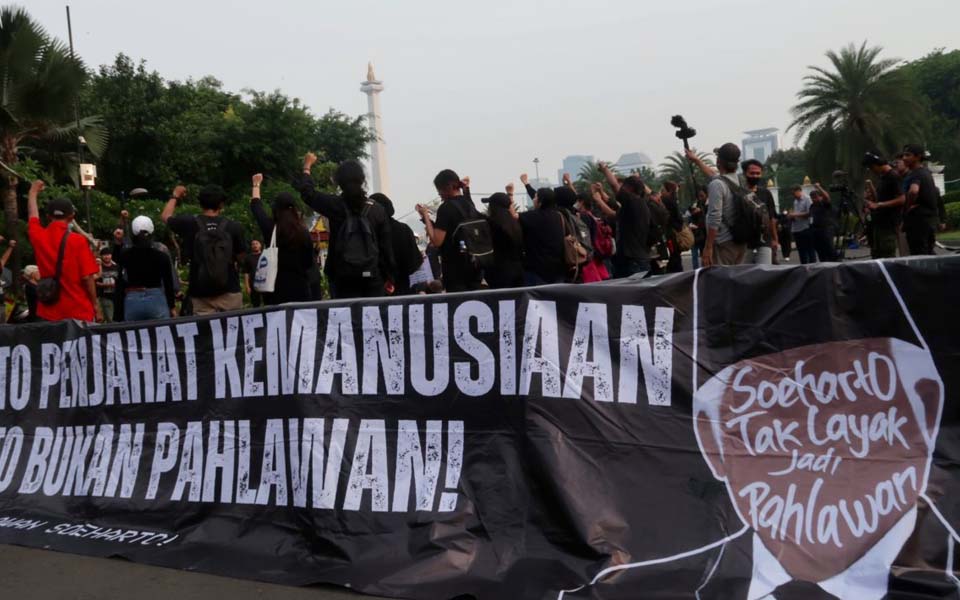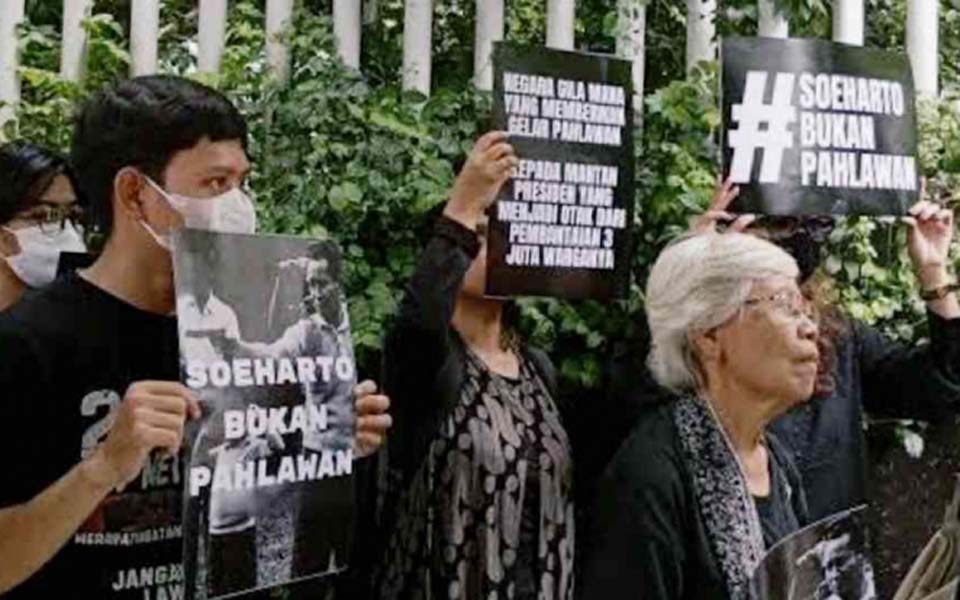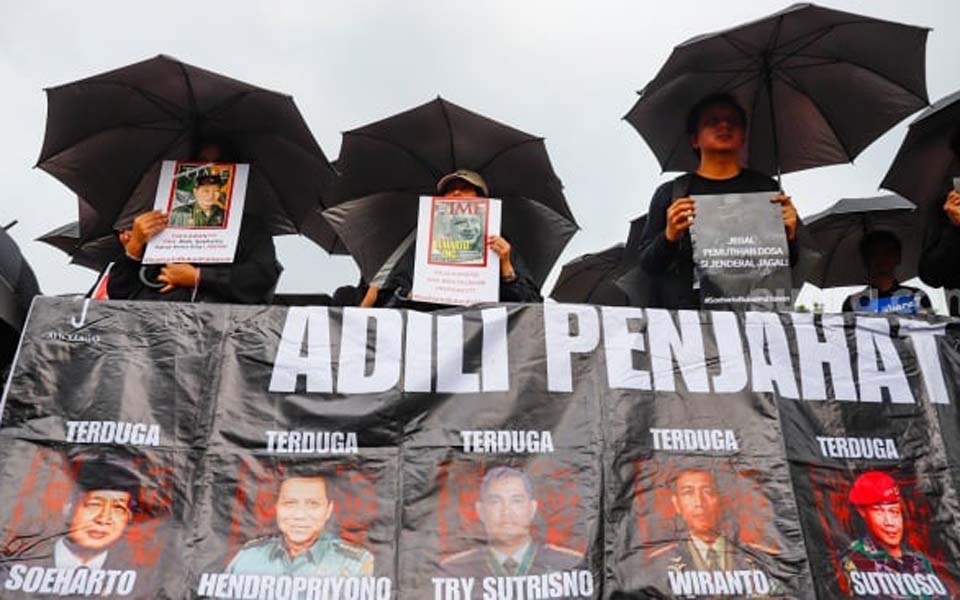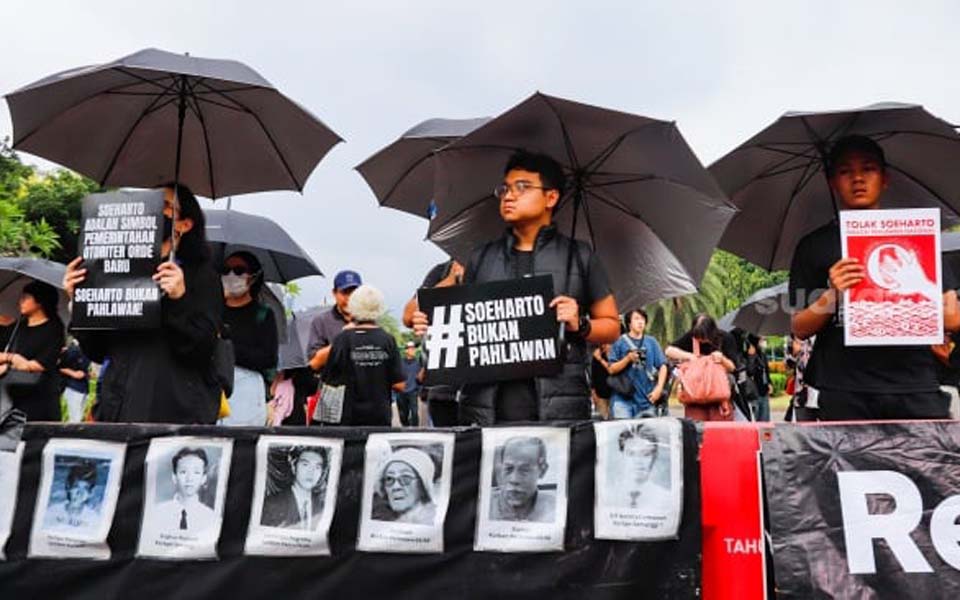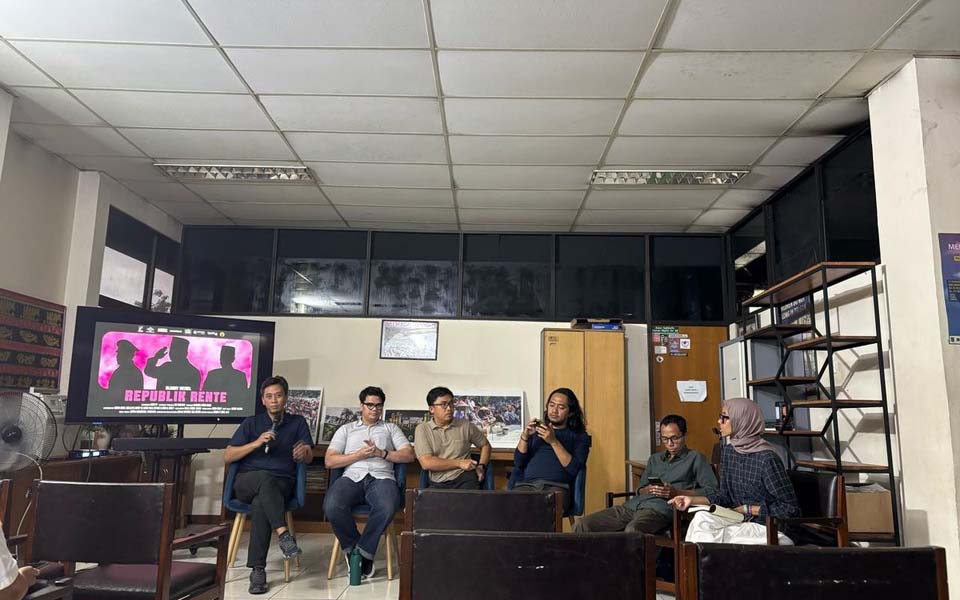Jakarta – The political events of 1965 are estimated to have cost the lives of millions of people. Those accused of being members or sympathisers of the Indonesian Communist Party (PKI) were forcibly disappeared, incarcerated and jailed without judicial process. Many women also became victims.
“Around 500 women were incarcerated in Plantungan (Kendal, Central Java). There, the National Commission on Violence Against Women (Komnas Perempuan) found at least two cases of pregnancies due to sexual violence”, said Komnas Perempuan deputy chairperson Desti Murdijana in Jakarta on Thursday February 10 at the launch of a documentary film titled Plantungan: A Portrait of the Suffering and Strength of Women.
In 2007 Komnas Perempuan published a monitoring report titled Crimes against Humanity Based on Gender: Listening to the Voices of Women Victims of the 1965 Affair. The report was written based on the testimonies of 122 women who were allegedly involved in the 1965 affair, along with records of 1,192 cases of violence comprising 165 cases of sexual violence and 1,027 cases of non-sexual violence.
The film Plantungan, which is directed by Putu Oka Sukanta and Fadillah Vamp Saleh, documents the violence experienced by women victims and survivors of the 1965 affair. The film was produced by the Humanitarian Creativity Institute, a foundation established by artists and the families of former political prisoners. Plantungan reveals the lives of women in detention and the pressures and violence that they experienced, one of which was sexual exploitation.
Two 1965 survivors, Suci Danarti and Pujiyati, tell the stories of their lives when they were detained in Plantungan, which is located 15 kilometers southwest of Sukorejo, Kendal regency, Central Java. “During the Dutch colonial era Plantungan was a used to accommodate leprosy sufferers”, said Danarti. (LOK)
[Translated by James Balowski.]






